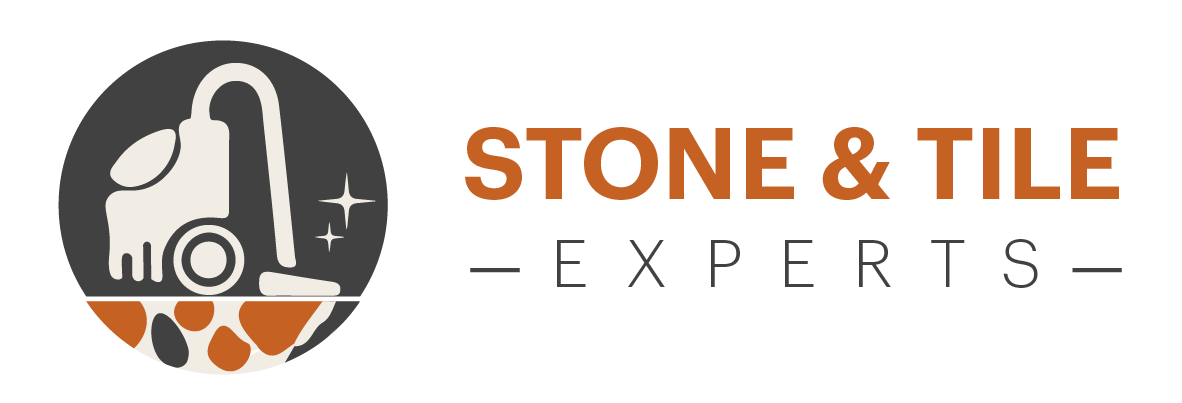Renovating a kitchen can be a very tiring yet difficult process. In bedrooms or living rooms with few built-in components or complicated wiring outside digital devices, the kitchens have a lot of appliances to make the most of the space out of it and ensure that it works safely and the environment remains comfy.
If you’re renovating your kitchen, it’s important to understand all of the components that go into the project. You’ll want to do research on what type of materials will work best for your home, how much they cost, and how long they’ll last in high-traffic areas.
While remodelling your kitchen, the process of flooring should be done right after painting and before the counter-tops, back-splash, and appliances. While you can be self-sufficient or talented enough to pull off the whole kitchen remodelling, but is always good to hire or get in touch with a professional floor installation company to get installation perfectly.
The following are the best kitchen flooring options with pros and cons:
Hardwood
Hardwood floors are a classic, and for a good reason. They’re beautiful and durable and add a touch of luxury to your kitchen design. They’re also surprisingly versatile when it comes to choosing the right style for your space.
Hardwoods are traditional; options can be refinished to revamp their look; although hardwoods are not waterproof with the right finish, they can be water-resistant. It can be very useful when you are renovating a small kitchen because it can give a new aesthetic vibe.
Pros: It has different patterns and is easy to update
Cons: It’s generally not waterproof and can be slippery.
Tiles
Tiles are the best options for areas exposed to water because they do not damage the tiles. Tile is the long-lasting, but in some places, the grout needs to be resealed to make it stain-resistant.The DIY is not recommended or appreciated when installing tile flooring. Tiles come in different shapes, sizes, patterns, and materials. The specific type of tiles is used i specific places.
Ceramic and porcelain tiles are similar in that they are both durable, water-resistant options for kitchen flooring. While ceramic is more durable than porcelain, both are highly resistant to damage.
Stone tile is a great option for kitchen flooring because it’s durable and has a beautiful appearance. In fact, the only downside to choosing stone tiles for your kitchen is that they’re more expensive than ceramic or porcelain tiles.
Pros: It’s durable and waterproof
Cons: it has to be installed by a professional.
Vinyl
Vinyl flooring is a durable and easy-to-clean option for kitchens. The con of vinyl flooring is that it is softer than other options’ floor material. Large or heavy appliances can dent or scratch it, so use caution while reorganising.
Engineered or modern vinyl flooring is now available in tiles and planks that look similar as hardwood and stone. It’s 100% waterproof, has an almost springy feel underfoot easy to clean, and great option in kitchen DIY.
Pros: It is waterproof and can be installed without professional
Cons: It’s not sturdy as tiles, so it can get dents and scratches
Laminate
Laminate is a great option for the budget-conscious homeowner. It’s a less expensive alternative to hardwood flooring and can mimic the look of hardwood for a lower cost. Laminate flooring is also available in waterproof versions—a great option for bathrooms and kitchens where spills are common.
Like vinyl, laminate can be installed by DIYers with minimal experience or training. The planks can be attached together and glued down or “floated” over an uneven subfloor, allowing them to be put over existing linoleum or ceramic tile without having to replace that existing material first.
Pro: It can be a bit expensive and needs no professional installation.
Cons: It is not as durable as other options.
Cork
If you’re looking for a flooring option that’s both durable and environmentally friendly, cork may be right for you. it is Made from ground-up cork combined with resins; cork flooring is available in gray-brown shades. it has the ability to resist stains but isn’t water resistant; spills should be cleaned in time before it soaks. However, if it does get stained, cork flooring can be sanded down and then retouched with stain and sealer.
Pros: It is a DIY, inexpensive and absorbs sound.
Cons: It fades in the sun.
Concrete
Concrete is a great option for kitchen flooring. It’s durable, stain-resistant, and relatively easy to clean. Concrete floors can be styled to look like wood, stone, or even tile, so you don’t have to sacrifice style for durability. The best perk about concrete is that it is very cheap.
Tile & Grout Cleaning Perth, Grout & Tile Cleaning Services Sydney, Melbourne Tile & Grout Specialists, Tile & Grout Cleaning Adelaide, Tile & Grout Cleaning Brisbane
Pros: It is inexpensive and waterproof
Cons: It does not provide classy vibes as others.

